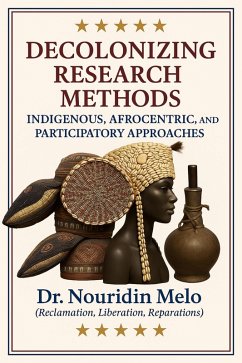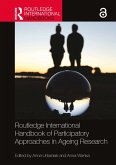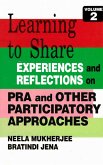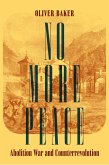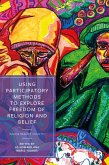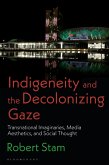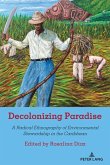Decolonizing Research Methods: Indigenous, Afrocentric, and Participatory Approaches by Dr. Nouridin Melo is a groundbreaking guide that dismantles colonial legacies in academia while centering marginalized epistemologies. This urgent work challenges Western research paradigms that perpetuate epistemic violence, offering instead ethical, relational frameworks rooted in Indigenous wisdom, Afrocentric philosophy, and grassroots activism.
Key Features:
- Transformative Methodologies: Explore Indigenous storywork, Ubuntu ethics, Participatory Action Research (PAR), and decolonial AI, bridging ancient wisdom with modern justice-driven inquiry.
- Global Case Studies: From Zapatista autonomous education in Mexico to the recovery of the Timbuktu Manuscripts in Mali, witness how communities reclaim sovereignty over knowledge production.
- Practical Tools: Equip scholars, educators, and activists with actionable strategies to reject extractive research, center marginalized voices, and foster social transformation.
- Interdisciplinary Relevance: Vital for social sciences, education, anthropology, and tech ethics, this book redefines rigor through critical pedagogy and pluriversal epistemologies.
Dr. Melo, an economist and political analyst, merges rigorous scholarship with lived experience, advocating for research as a liberatory practice. Whether dismantling algorithmic bias or revitalizing Indigenous languages, this book is a compass for those committed to justice, equity, and epistemological diversity.
Ideal For:
- Academics redesigning curricula or methodologies
- Community organizers building participatory projects
- Policymakers and technologists crafting ethical solutions
- Students pursuing decolonial, anti-racist scholarship
A manifesto and manual in one, this book is essential reading for anyone ready to unlearn colonial habits and co-create knowledge that heals, empowers, and transforms.
Dieser Download kann aus rechtlichen Gründen nur mit Rechnungsadresse in A, B, CY, CZ, D, DK, EW, E, FIN, F, GR, H, IRL, I, LT, L, LR, M, NL, PL, P, R, S, SLO, SK ausgeliefert werden.

